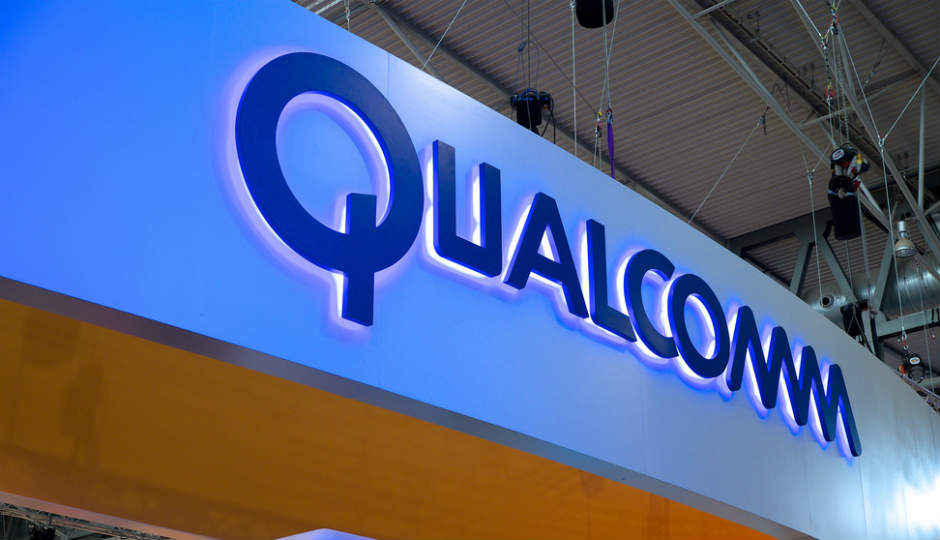 In what could intensify the patent infringement battle between Qualcomm and Apple, a Chinese court has banned the import as well as the sale of some older iPhone models in China. The list includes the iPhone 6S, iPhone 6S Plus, iPhone 7, iPhone 7 Plus, iPhone 8, iPhone 8 Plus, and iPhone X. This could be a blow to the Cupertino-based tech company as it is reportedly struggling with the sales of its newly-launched device, the iPhone XS, iPhone XS MAx and the iPhone XR. The Fuzhou Intermediate People’s Court in China found Apple infringed two patents held by the chipmaker and ordered an immediate ban on sales of older iPhone models, from the 6S through the X. According to Reuters, Qualcomm had alleged that Apple is infringing on patents “related to technologies that boost bandwidth in phones, save power and enhance photos from dual rear-facing cameras, among other things”. China, Hong Kong and Taiwan are Apple’s third-largest market, accounting for about one-fifth of Apple’s $265.6 billion in sales in its most recent fiscal year, says Reuters. Meanwhile, Apple says that it has filed a request for reconsideration with the court ban. “Qualcomm’s effort to ban our products is another desperate move by a company whose illegal practices are under investigation by regulators around the world,” Apple was quoted as saying. The latest development is a part of numerous lawsuits that Qualcomm has filed against Apple accusing it of engaging in unlawful import and sale of iPhones in the US. In a fresh lawsuit, Qualcomm had claimed that Apple has used its access to Qualcomm’s proprietary software to help Intel. It asked Intel to make public the documents on the latest radio frequency components being used in the new Apple iPhones. The San Diego-based chipmaker also noted that Intel went back on its word and failed to produce the material even after two months. It also alleged that Intel “ignored repeated communications from Qualcomm’s counsel until finally responding on June 6.”
In what could intensify the patent infringement battle between Qualcomm and Apple, a Chinese court has banned the import as well as the sale of some older iPhone models in China. The list includes the iPhone 6S, iPhone 6S Plus, iPhone 7, iPhone 7 Plus, iPhone 8, iPhone 8 Plus, and iPhone X. This could be a blow to the Cupertino-based tech company as it is reportedly struggling with the sales of its newly-launched device, the iPhone XS, iPhone XS MAx and the iPhone XR. The Fuzhou Intermediate People’s Court in China found Apple infringed two patents held by the chipmaker and ordered an immediate ban on sales of older iPhone models, from the 6S through the X. According to Reuters, Qualcomm had alleged that Apple is infringing on patents “related to technologies that boost bandwidth in phones, save power and enhance photos from dual rear-facing cameras, among other things”. China, Hong Kong and Taiwan are Apple’s third-largest market, accounting for about one-fifth of Apple’s $265.6 billion in sales in its most recent fiscal year, says Reuters. Meanwhile, Apple says that it has filed a request for reconsideration with the court ban. “Qualcomm’s effort to ban our products is another desperate move by a company whose illegal practices are under investigation by regulators around the world,” Apple was quoted as saying. The latest development is a part of numerous lawsuits that Qualcomm has filed against Apple accusing it of engaging in unlawful import and sale of iPhones in the US. In a fresh lawsuit, Qualcomm had claimed that Apple has used its access to Qualcomm’s proprietary software to help Intel. It asked Intel to make public the documents on the latest radio frequency components being used in the new Apple iPhones. The San Diego-based chipmaker also noted that Intel went back on its word and failed to produce the material even after two months. It also alleged that Intel “ignored repeated communications from Qualcomm’s counsel until finally responding on June 6.”from Latest Technology News https://ift.tt/2zRFMkD









